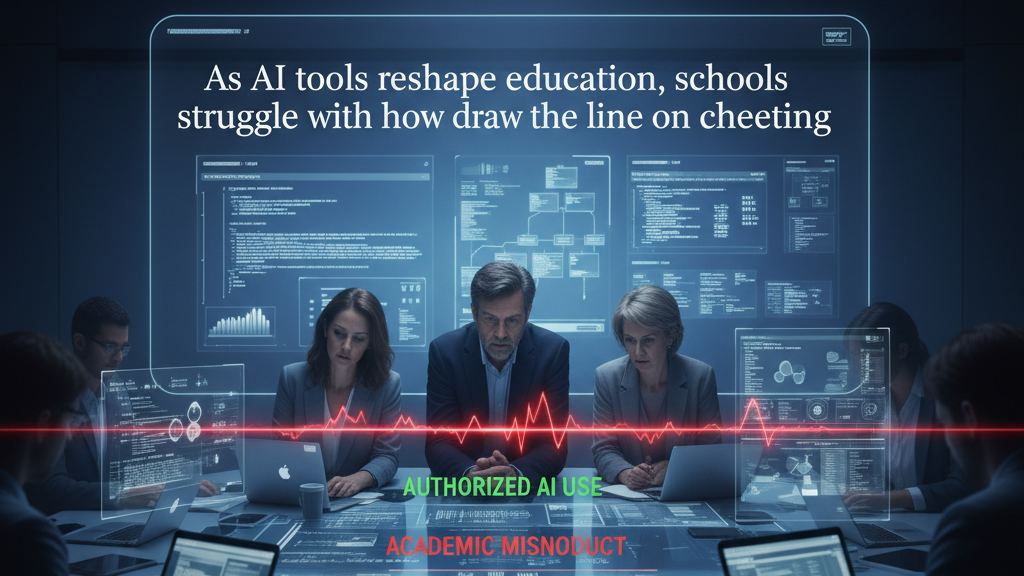
Source
Times Higher Education
Summary
About two-thirds (66 %) of UK undergraduate students report using AI for work or study, with one in three doing so at least weekly. ChatGPT is by far the most popular tool. Universities vary in how they regulate or guide AI use: some discourage it, others provide boundaries but little training, few actively teach ethical AI practice. Most students use AI for understanding concepts, summarising content, or identifying sources, while a smaller but significant share admits to using AI to create or partially create graded work. Many believe AI has helped their grades, though others see little or negative impact. Clearer guidance and teaching around ethical, effective AI use are needed.
Key Points
- 66% of UK undergrads use AI for degree-related work; 33% use it weekly.
- The most common applications: explaining difficult concepts (81%), summarising sources (69%), finding sources, and improving existing work.
- About 14% of AI-using students confess to using AI in graded work in ways that could be cheating (creating or heavily editing), which is ~9% of all students.
- 47% of AI-using students report frequently encountering “hallucinations” (incorrect or false information) from AI tools.
- Universities’ policies are mixed: some actively discourage use; many simply warn; only a minority proactively teach students how to use AI well and ethically.
Keywords
URL
https://yougov.co.uk/society/articles/52855-how-are-uk-students-really-using-ai
Summary generated by ChatGPT 5





